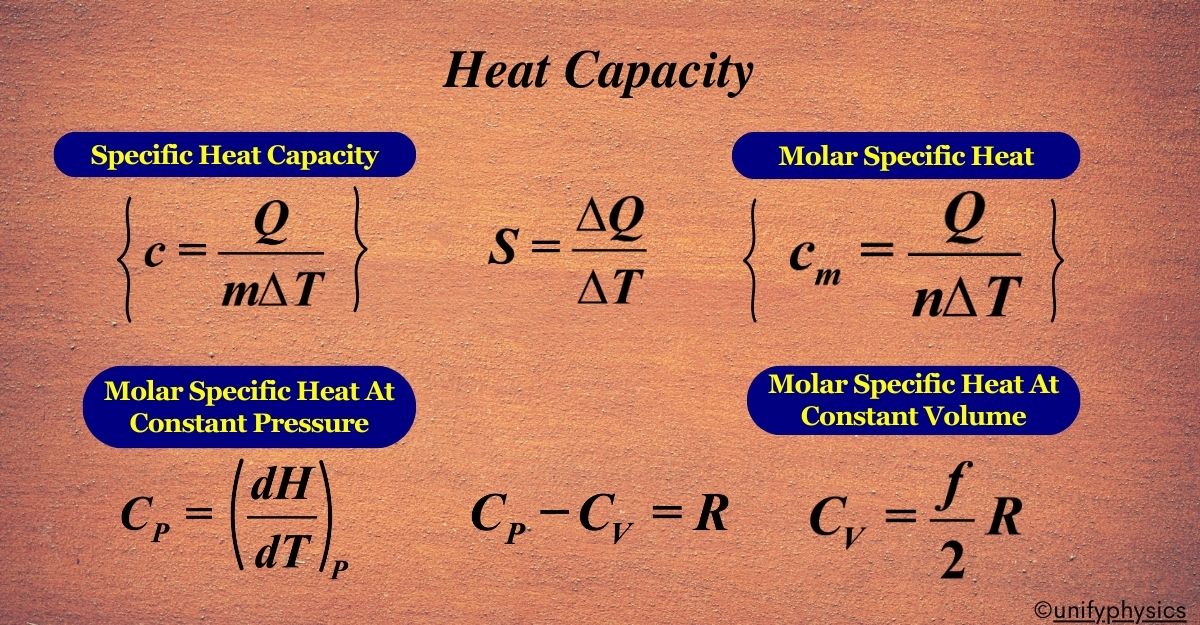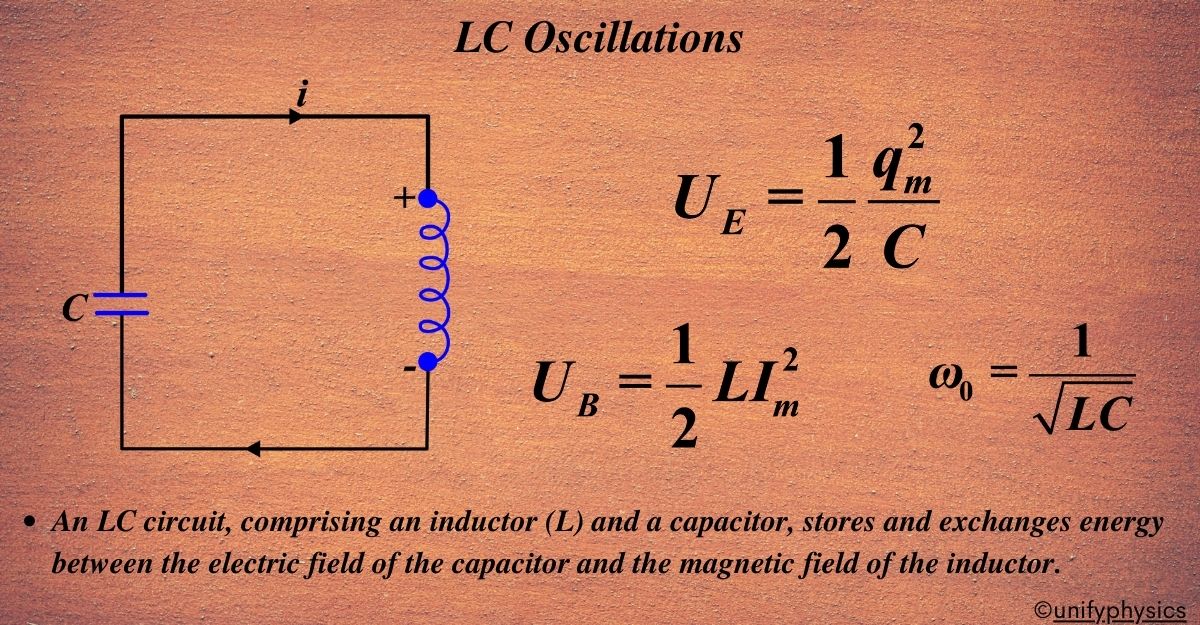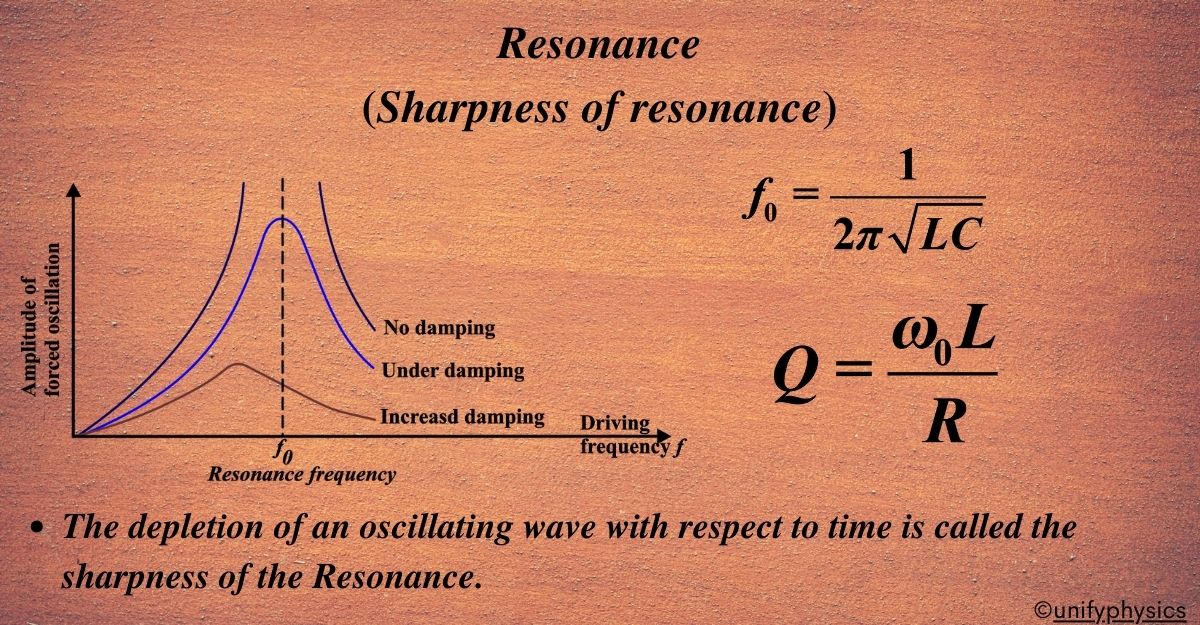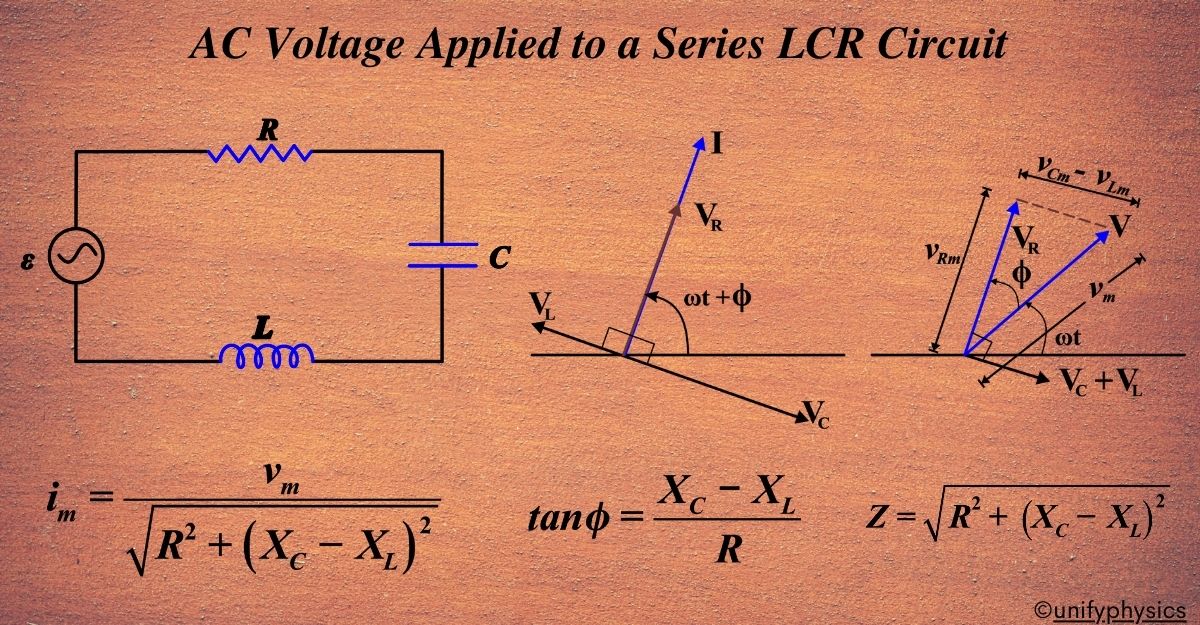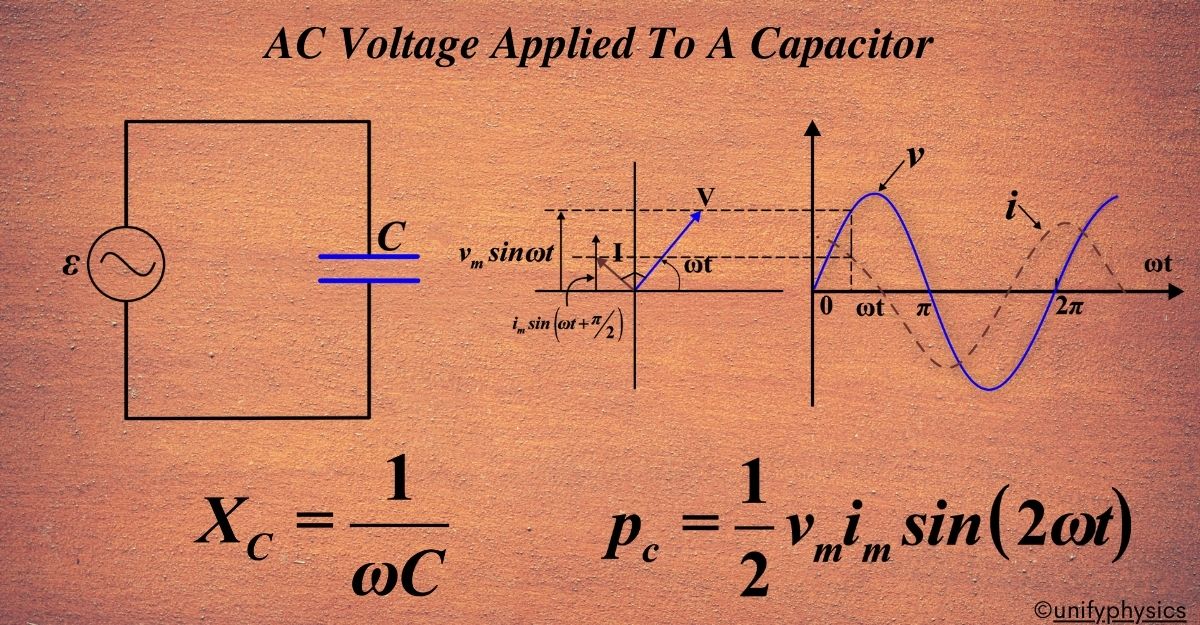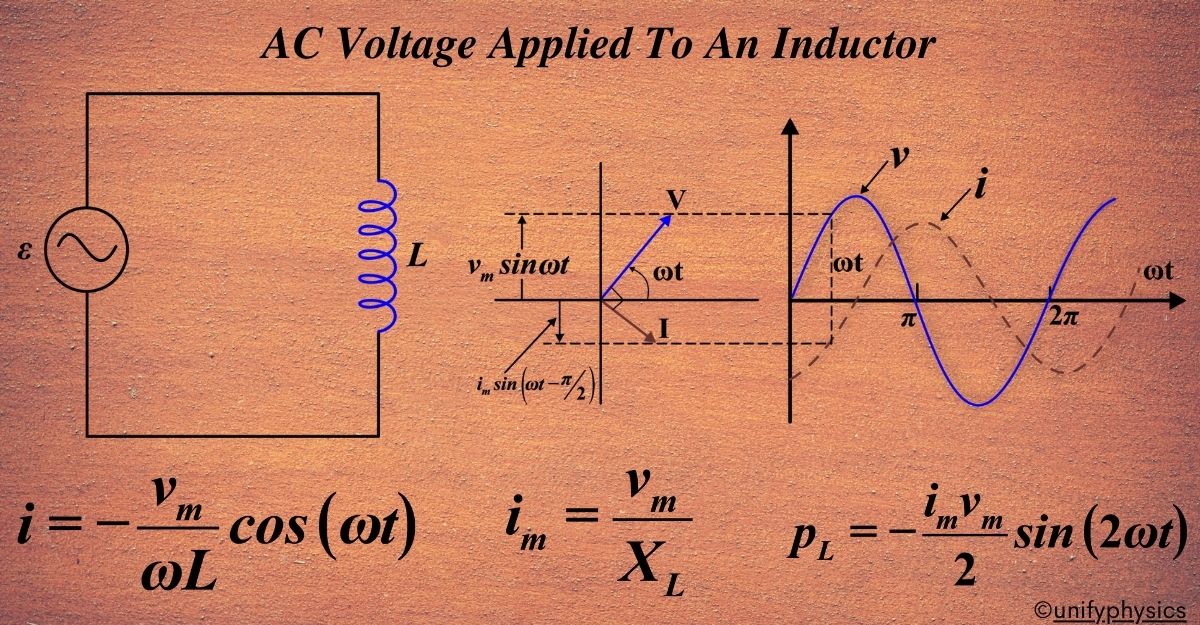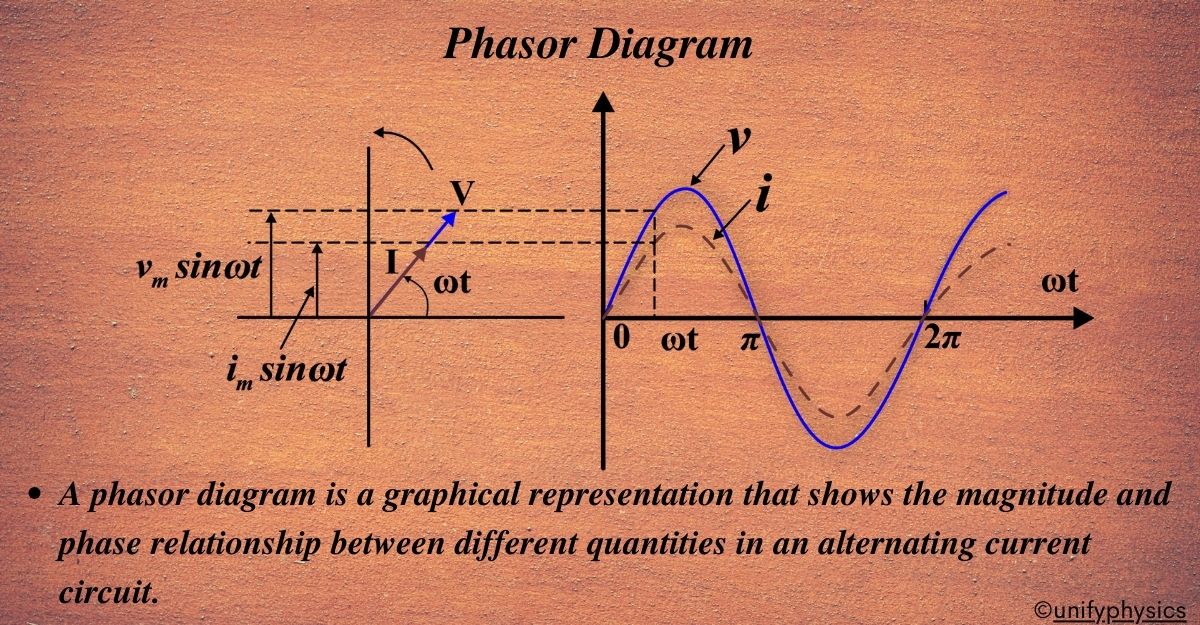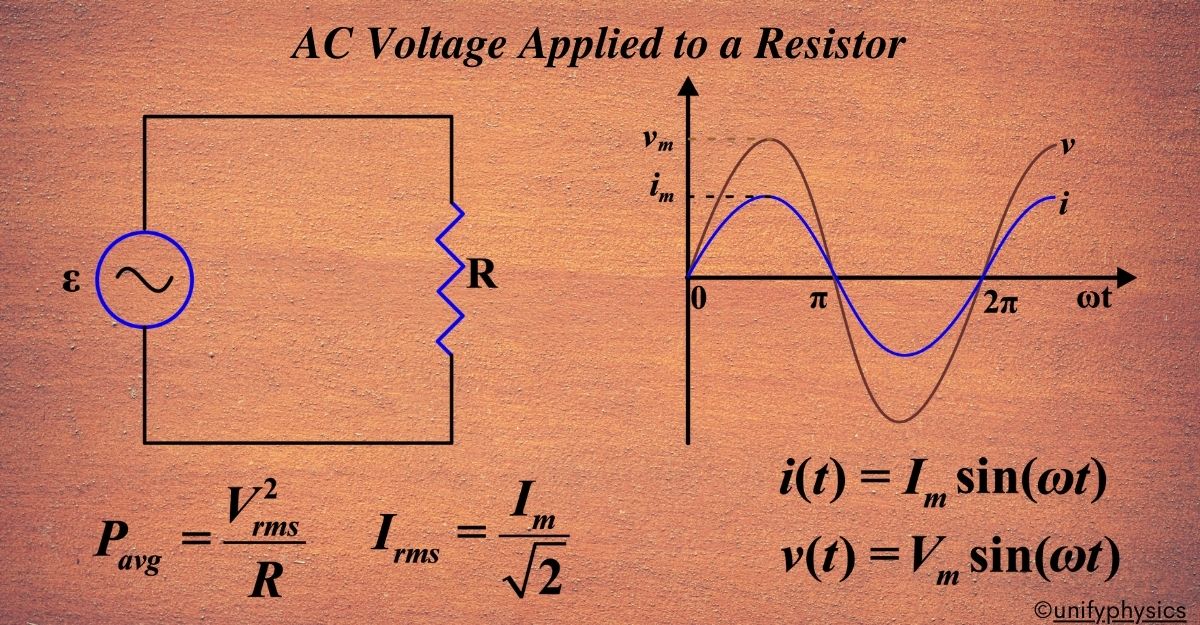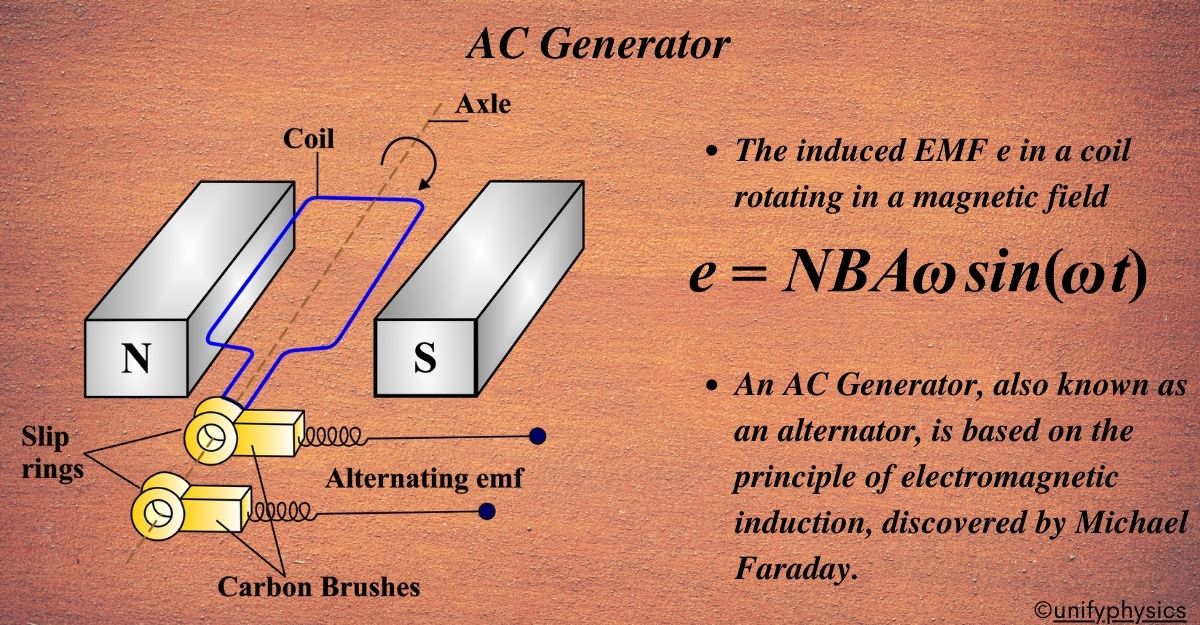Heat Capacity
The story of the transformer begins in the 19th century. The principle of electromagnetic induction, which is the science behind transformers, was discovered by Michael Faraday in 1831. However, it wasn’t until the 1880s that the first practical transformers were developed. In the early 1880s, inventors in Hungary created what we might consider the first … Read more
